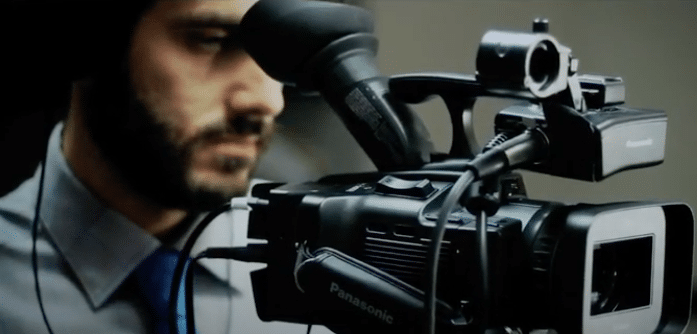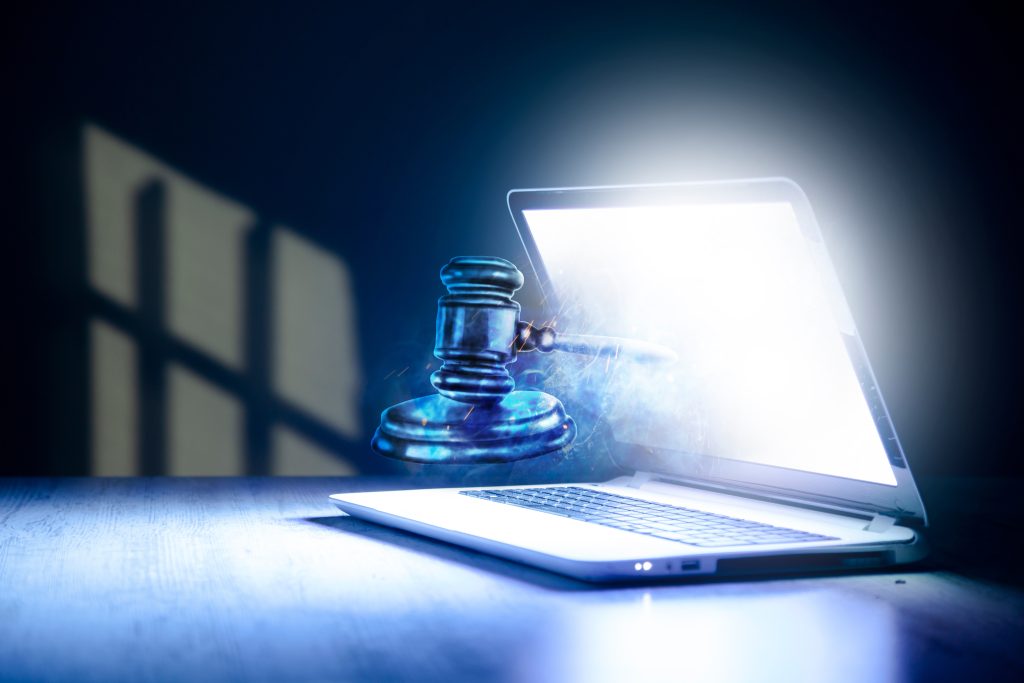The Uncertainty of Remote Depositions Post COVID-19

As we have discussed many times here at CourtScribes, remote depositions became more prevalent in the midst of the COVID-19 pandemic. But we now have an interesting conundrum. Court reporters have refused to use video to record depositions because they were not certified to do so. This led to some attorneys taking the job upon […]
How Did COVID-19 Shape UK Court Reporting?

Much like in the US, the UK justice system has also had to adapt to virtual settings (like Zoom meetings) throughout the pandemic. But it is not just lawyers and judges who have felt these perils. Court reporters have also experienced a period of adjustment. When the pandemic hit, the UK government introduced The Coronavirus Act […]
Successful Tips for a Remote Deposition

Due to the COVID-19 outbreak, CourtScribes, courtrooms, and frankly the whole court system has changed. The need for social distancing has become an important factor in getting things back to normal as quickly as possible. And the courtrooms are no different. Society agreed that conducting trials while making use of remote court appearances and remote […]
A Look at a Court Reporter’s Remote Deposition Setup

When COVID-19 first forced workplace closures back in March of 2020, people across the country quickly found themselves working from their home office, dining room, table, couch, and other unique locations within their homes. Basically, it was anywhere they could find a quiet place to do their work. The legal industry, including professional court reporters […]
Despite Tech Court Reporters Say They’re Here to Stay

In the age of smartphones, it’s a common occurrence. Instead of typing out a text, you use Siri or Alexa and dictate your message. Sometimes your digital assistant gets it right, but sometimes (many times), she gets it wrong. This can create issues that are frustrating. This misunderstood voice-to-text message might not be a big […]
More Courts Reverting to Remote Criminal Trials as COVID-19 Surges

CourtScribes has taken notice that the Minnesota Judicial Council has imposed a new 60-day pause on almost all in-person criminal jury trials, effective until February 1st, 2021. And they are not the only state. There will be an exception process, state Supreme Court Chief Justice Lorie Gildea said, but nearly all trials will revert to […]
The New Normal: Tips for Remote Depositions

For many of us, including us here at CourtScribes, connecting by Zoom, Teams, or WebEx is rather routine. Many use this for work-related meetings, online schooling, or remote social hours. These video-conferencing platforms have provided a way to maintain daily connections during the COVID-19 pandemic. Even during the pandemic, litigation has continued amidst social distancing […]
Covid-19 Ushers in Changes for Court Reporting

Anyone who has been involved in a lawsuit knows the time and expense involved in taking depositions of witnesses. CourtScribes.com knows that typically you go to a lawyer’s office, the parties and witnesses in the case are asked, under oath, to tell what they know or have seen and their testimony is transcribed by a […]
Will Remote Court Appearances Become the Norm

As COVID-19 sticks around and we prepare for the ‘second wave’ this winter, we are discovering that a lot of the social distancing measures that are being taken are actually more convenient than their original counterparts when it comes to legal situations like litigation and more. One of these legal situations is court appearances. In […]
Remote Court Appearances & Remote Depositions

CourtScribes knows it’s difficult in these times to find resources willing to aid you in any lawful manner. However, we are offering the best remote depositions and remote court appearances available! COVID-19 is bringing some difficult times upon the United States. That doesn’t stop the court system. In these situations, you still need depositions […]
